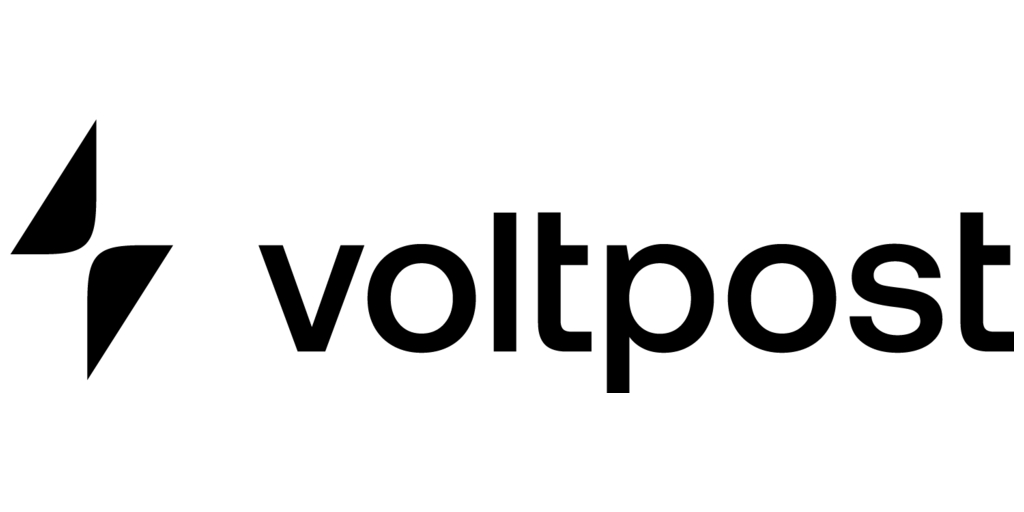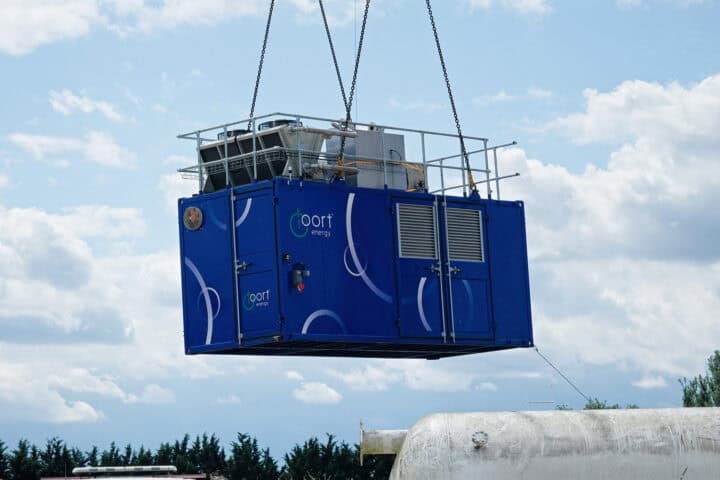GreenWealth Energy and Voltpost are expanding low-speed, dwell charging for electric vehicles (EVs) at residential housing sites and curbside locations to make EVs more accessible for renters and lower-income individuals. This initiative aims to integrate EV charging infrastructure into communities, particularly in Southern California. Voltpost, which integrates charging with streetlamps, has conducted pilots in New York City and Detroit and plans further deployments in California.
GreenWealth Energy will invest $12 million to install over 1,000 Level 2 chargers at multifamily housing sites, focusing on low-income communities. This project is supported by partners like Los Angeles County and the U.S. Green Building Council. The goal is to provide affordable and practical charging options, using creative pricing strategies such as time-of-use methods. Both companies aim to democratize charging access and work closely with policy and community leaders to ensure successful implementation and sustainability. This initiative represents a significant step towards making EVs a viable option for a broader demographic, addressing the need for accessible and affordable EV charging solutions.
To make electric vehicles a more useful option for renters and people with lower incomes, GreenWealth Energy and Voltpost will expand low-speed, dwell charging at residential housing sites and curbside.
As the infrastructure required to support the transportation electrification movement continues to grow, electric vehicle charging plugs will start popping up at multifamily housing locations in Southern California and also on curbsides.
“Our goal, as a company, is to become prevalent and interwoven into the communities”, said Luke Mairo, co-founder and chief operating officer at Voltpost, which integrates car charging with streetlamps. “We want to be the bodega of charging”.
Voltpost, headquartered in New York, just conducted pilots with the New York City Department of Transportation and the city of Detroit, and has plans for more substantial deployments.
Expanding EV Infrastructure: GreenWealth Energy’s Ambitious Plans for California’s Low-Income Communities
“We’re exploring a number of opportunities across California”, Mairo said during a June 27 panel discussion with Veloz, a Sacramento-based EV policy and advocacy group. More projects will be announced in the coming months, he added.
“Hopefully, everyone around will be seeing a lamppost charger in your area coming soon”, said Mairo.
Meanwhile, GreenWealth Energy will invest about$ 12 million into building out more than 1, 000 Level 2 chargers at multifamily housing across Southern California to serve more than 30, 000 households. Half of the focus will be on impoverished and low-income communities, said Ariel Fan, founder and CEO of GreenWealth Energy, a woman- and minority-owned charging company based in California. Over the next ten years, GreenWealth will continue to be the charger’s owner-operator.
Los Angeles County and the California-based U.S. Green Building Council, a nationwide nonprofit organization dedicated to efficient buildings, are additional partners in the project. They will also take the lead on the education at the various locations.
“Without this type of coalition-building and even some government support, the charging deserts still exist. It does n’t pencil, really, to do Level 2 charging in these low-income communities”, Fan said in comments during the panel.
Democratizing EV Charging: Innovative Strategies for Affordable Access in Low-Income and Rental Communities
Making electric cars a workable option for residents who rent or may be low-income, has frequently been identified as crucial for immediately dwell charging opportunities at multifamily housing locations. Drivers want lower-cost charging, and they even want over and practical charging, Fan said.
“We’re taking a creative approach on pricing, using time-of-use methods and different pricing features”, she explained, as part of the strategy to introduce low-cost charging for residents.
The EV chargers it develops are owned and run by GreenWealth.
“But previously, it has no penciled”, Fan said. Which is why we work with government organizations and provide more services in addition. We get very inventive from the structure of the owner-operater model, or the cross model. And then get creative, moreover, in how we recoup that investment in different ROI mechanisms”.
Voltpost sees its market in a similar way, charging dwelling fees for drivers who rely on street parking.
“Ultimately, our mission is to democratize charging access and work consciously with policy, with the communities where we deploy”, said Mairo.










